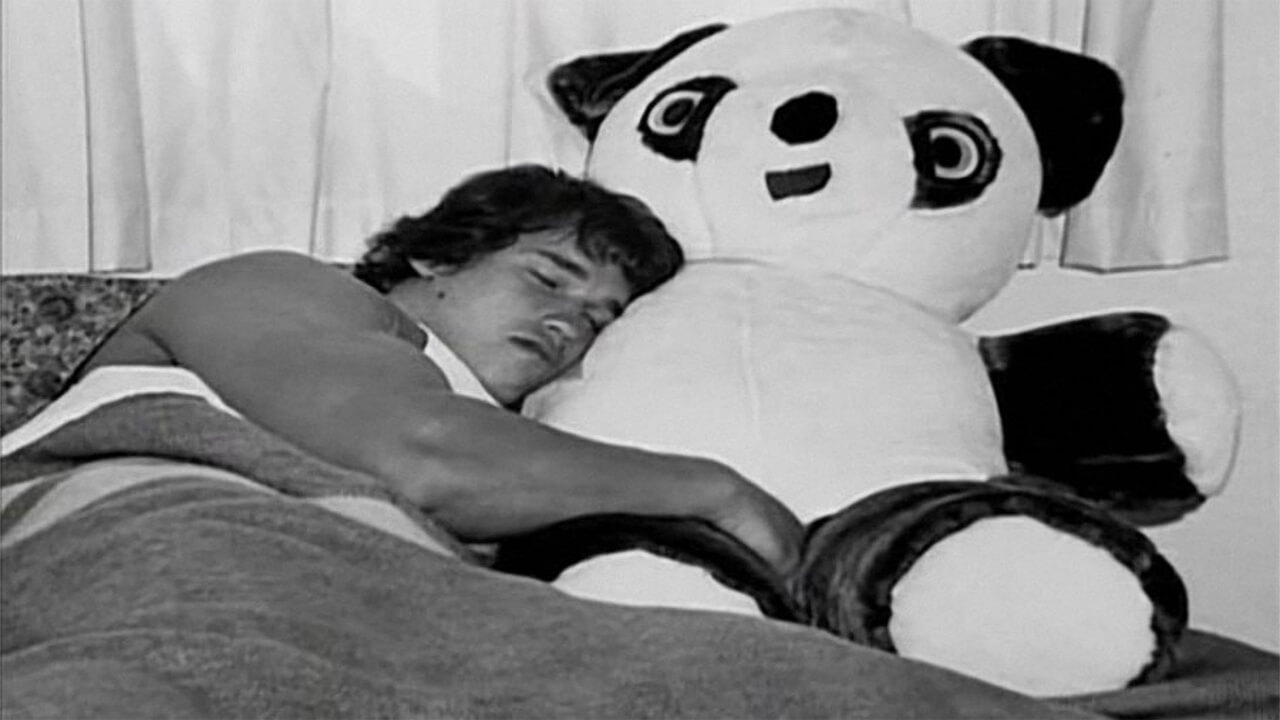Here at Herculean Strength, we know the importance of sleep to optimal health. And that’s for good reason: without proper sleep, your life will quickly go to pieces.
Now a group of scientists have shown that resistance exercise is the best form of exercise if you want to get the best night’s sleep. Let’s find out more.

Sleep: resistance exercise is more beneficial than aerobic exercise
The science is clear. If you don’t sleep, you can expect your hormone balance to be seriously affected, and you’re likely to put on weight too.
For instance, if you improve your sleep you can DOUBLE your testosterone levels as a man. Yes, you read that right: double.
Teenagers who sleep less have been shown to eat an extra 4.5 pounds of sugar every year.
But that’s not all. You’ll also be at higher risk from chronic diseases like diabetes, stroke and heart attacks. If you want to know more about why you should be taking sleep seriously, read this one-stop primer we’ve prepared on the subject.
“It is increasingly recognized that getting enough sleep, particularly high-quality sleep, is important for health including cardiovascular health. Unfortunately, more than a third of Americans don’t get enough sleep on a regular basis,” says study author Angelique Brellenthin, Ph.D., assistant professor of kinesiology at Iowa State University in Ames, Iowa, in a press release.
“Aerobic activity is often recommended to improve sleep, yet very little is known about the effects of resistance exercise versus aerobic exercise on sleep. Our study is one of the largest and longest exercise trials in a general adult population to directly compare the effects of different types of exercise on multiple sleep parameters.”
To study the relationship between various forms of exercise and sleep, researchers took nearly 400 adults who were considered either obese or overweight . All participants led largely inactive lifestyles, and showed high blood pressure.
The subjects were separated randomly into groups. One group served as a control group (no exercise at all), and three other groups (aerobic only, resistance only, or a mixture of aerobic and resistance exercises) were formed.
All groups stuck to their prescribed routines for a full year. Across all three groups participants engaged in supervised one-hour sessions three times a week. The combination group spent 30 minutes on cardio and another 30 on resistance exercises during each session.
While subjects exercised, their heart rates were monitored to ensure they stayed within the prescribed heart rate range for moderate-to-vigorous intensity exercise.
The resistance exercise group worked out on 12 resistance machines encompassing a variety of muscle groups. Subjects were instructed to complete three sets of 8-16 repetitions at 50-80 percent of their one-rep maximum.
The cardio/resistance combination group, meanwhile, engaged in a half hour of moderate-to-vigorous aerobics followed by another 30 minutes of resistance workouts consisting of two sets of 8-16 repetitions on nine machines.
When is it okay to do partial squats?
Partial squats can sometimes be okay.
There, I said it.
I have a feeling this is probably going to be the most controversial article that I write for some time.
Now. I can feel the Internet Form Police getting heated already. Thousands of angry keyboard warriors tapping away at their phones in fury. “Dan,” they rage, “how can you be so stupid? Ass to grass or nothing bro”.
I know. And I used to agree with you. I have often been the judgmental gym-guy myself, looking over at some gym newbie with the misplaced self-confidence of the gym lifer. A quick eye-roll, a raised eyebrow, and a puff of the cheeks. “Whew boy”.
But not anymore. Firstly, there’s enough judgemental a-holes in the world, so let’s keep them out of the gym. I repent my sins.
Click here to learn how to incorporate partial squats into your leg workouts
Before and after the year-long exercise period, all of the subjects completed a survey designed to measure sleep quality. Questions on sleep duration, sleep efficiency (time spent sleeping divided by total time in bed), and sleep disturbances (frequency of waking up for any reason) were all part of the surveys as well.
The lower the score, the better the quality sleep. A score greater than five was deemed “poor quality sleep” by the researchers.
Overall, the study authors came to the conclusion that resistance exercises appear to be much better when it comes to getting better sleep and improving overall health health.
“While both aerobic and resistance exercise are important for overall health, our results suggest that resistance exercises may be superior when it comes to getting better ZZZs at night,” Dr. Brellenthin concludes.
“Resistance exercise significantly improved sleep duration and sleep efficiency, which are critical indicators of sleep quality that reflects how well a person falls asleep and stays asleep throughout the night. Therefore, if your sleep has gotten noticeably worse over the past two stressful years, consider incorporating two or more resistance exercise training sessions into your regular exercise routine to improve your general muscle and bone health, as well as your sleep.”


Don’t hesitate to email us at [email protected] for personalized coaching and a client questionnaire if you’d like DEDICATED tailor-made personal training on strength training, building muscle, losing fat, developing athleticism, and more — all to your liking, lifestyle, habits, and taste!
Otherwise, don’t forget to claim your FREE eBook detailing how to lose 20lb of fat while building muscle in 12 weeks! You can claim it here.
Alternatively, you can pick up a FREE eBook on fundamental strength principles offering an introductory workout program.











